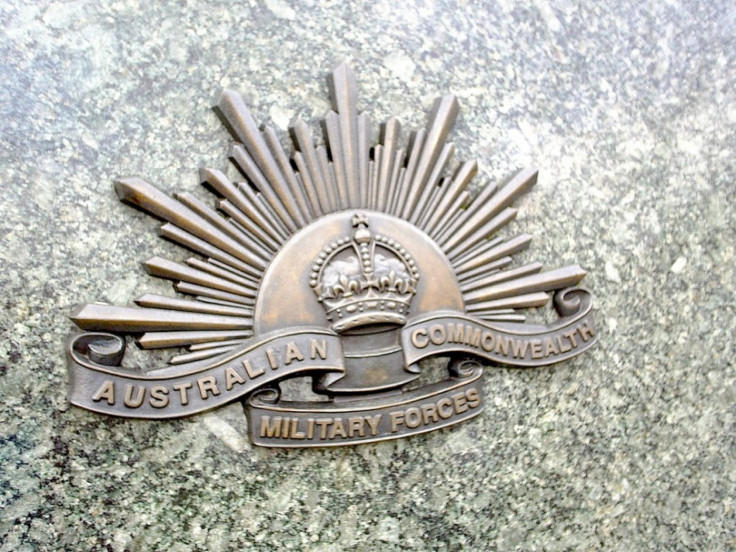Australian Military's History Of Abuse Revealed In Report

The Australian government has released new information about the extensive history of physical and sexual abuse of minors in the military dating back more than five decades.
A heavily censored summary of the report was released three months ago, but Australian Broadcasting Corporation obtained a complete executive summary of the report, which it published Thursday.
Hundreds of stories poured into the review ... from acts of ritual bastardization to horrifying tales of brutal sexual assault against children as young as 13, ABC anchor Chris Uhlmann wrote in a news report.
International law firm DLA Piper was commissioned by the Australian Defense Force, or ADF, last year to conduct the internal review, which involved interviewing 847 individuals.
The allegations, which have been raised with the Review, are incredibly diverse, the report's executive summary read. They are made by men and women in respect of conduct by men, women and groups. They involve minors and adults.
The earliest recorded incident of abuse involved a 13-year-old boy and occurred in 1951, and the report reveals that abuse of minors in the Australia's armed forces was widespread.
It is certain that many boys were subjected to serious sexual and physical assault and other serious abuse while they were in the ADF from the 1950s through to the 1970s -- and possibly into the 1980s, the report said.
Up until the late 1960s, the Australian Navy accepted recruits as young as 13, and all three branches of the armed forces took in recruits as young as 15 up until the 1980s.
The ADF and successive Australian governments failed to put in place adequate protections to take into account the special needs and vulnerability of boys of 13, 14, 15 and 16 years of age to protect them from other boys and from adults in the ADF, the report said.
The report lays out the main factors that created an environment conducive to abuse, saying there were no adverse consequences for abusive behavior amid a culture discouraging reporting of abuse and that the chain of command structure in defense lends itself to superiors abusing juniors with impunity.
Prime Minister Julia Gillard responded Friday to the release of the report, describing its findings as deeply distressing and opened up the possibility of a Royal Commission inquiry, a high-level investigation employed by British Commonwealth nations.
Defense Minister Stephen Smith, who released the censored version of the report, denied charges that his office was attempting to cover up the extent of the abuses.
I released enough material to make the point that these were very serious allegations and very concerning matters, he said Friday, the New York Times reported. The materials released today simply serve to further underline the seriousness of the matters I've been dealing with for some considerable time.
Military law attorney Brian Briggs, who has represented many of the victims of abuse in the Australian armed forces, said that criminal prosecution was unlikely for many of the cases due to the fact that some of the perpetrators and victims may still be in the armed forces, as well as the amount of time that has elapsed since their occurrence.
I don't think that they could go back, although a lot of the inquiries and the complainants that I saw could name names, and there were people who went on to become senior officers that were the perpetrators, Briggs said, ABC reported.
It would have to involve either criminal proceedings -- now you're talking years and years and years have gone by -- so I don't think prosecutors would be too interested in taking people to task, he added.
© Copyright IBTimes 2024. All rights reserved.




















